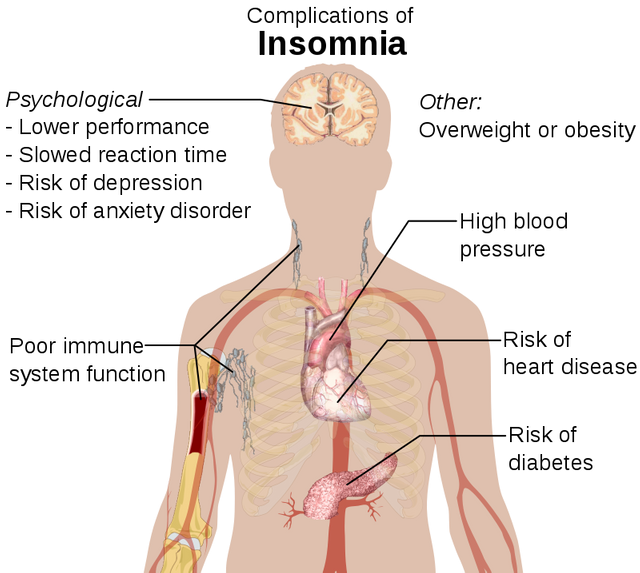Medications Commonly Prescribed for Sleep
The consequences of loss of sleep have a tremendous impact on the quality of life. Several medications are available to help those with insomnia.

Benzodiazepines
This class of drugs includes the brand names of ProSom, Dalmane, Doral, Restoril, and Halcion. They are the only five drugs approved by the FDA for the treatment of insomnia. They are also all schedule IV controlled substances. They act by increasing total sleep time and decreasing sleep latency. Onset of action can be from 10 to 60 minutes, depending upon which drug was prescribed. They are to be used for short-term use; let me say that again; they are to be used forshort-term use only.When used in this way, they are safe and effective. Benzodiazepines can have some side effects, including day time hangover, mental status changes, including confusion, falls in the elderly or with increased dosage, and withdrawal symptoms upon discontinuation (usually if used for long periods of time). As with any drug, careful assessment should be made regarding the health history of the individual, any other drugs that may interact with the proposed drug, and dosage.
Nonbenzodiazepines
Nonbenzodiazepines are a relatively new class of drugs that are known as z-hypnotics. They act similarly to benzodiazepines, but side effects are less. There are currently three FDA approved drugs in this class: Ambien and Ambien CR, Sonata, and Lunesta. They are also schedule IV controlled substances. Their onset of action is usually within 30 minutes. Ambien and Sonata's duration of action is short and is used mainly for problems with sleep onset. Ambien CR and Lunesta are used to help maintain sleep. These drugs are not restricted to short term use as are the benzodiazepines. Side effects are lessened but some individuals have reported headache, drowsiness, fatigue, and sleep walking. This class of drugs is now being prescribed initially for insomnia.Melatonin-Receptor Agonists
Rozerem is the only FDA-approved drug in this class for sleep. It works by binding to the receptors involved in maintaining circadian rhythms, which help regulate the sleep-wake cycle. The onset of action is short, approximately 30 minutes; it is prescribed for those who have difficulty falling asleep. The most common side effects are similar to the benzodiazepines and nonbenzodiazepines, headache, somnulence, dizziness and fatigue. Individuals should not take this medication with a high fat meal as it may affect absorption. Also, anyone with liver disease should not take this medication.The mental and physical consequences of loss of sleep have a tremendous impact on the quality of life. There are now several FDA approved medications that can be used to help with this problem.
Sources:
Fullerton DS. The economic impact of insomnia in managed care: a clearer picture emerges. Am J. Manag Care;12(suppl 8):S246-S452.
Morin AK, Jarvis CI, Lynch AM. Therapeutic options for sleep-maintenance and sleep onset insomnia.. Pharmacotherapy; 27:89-110.